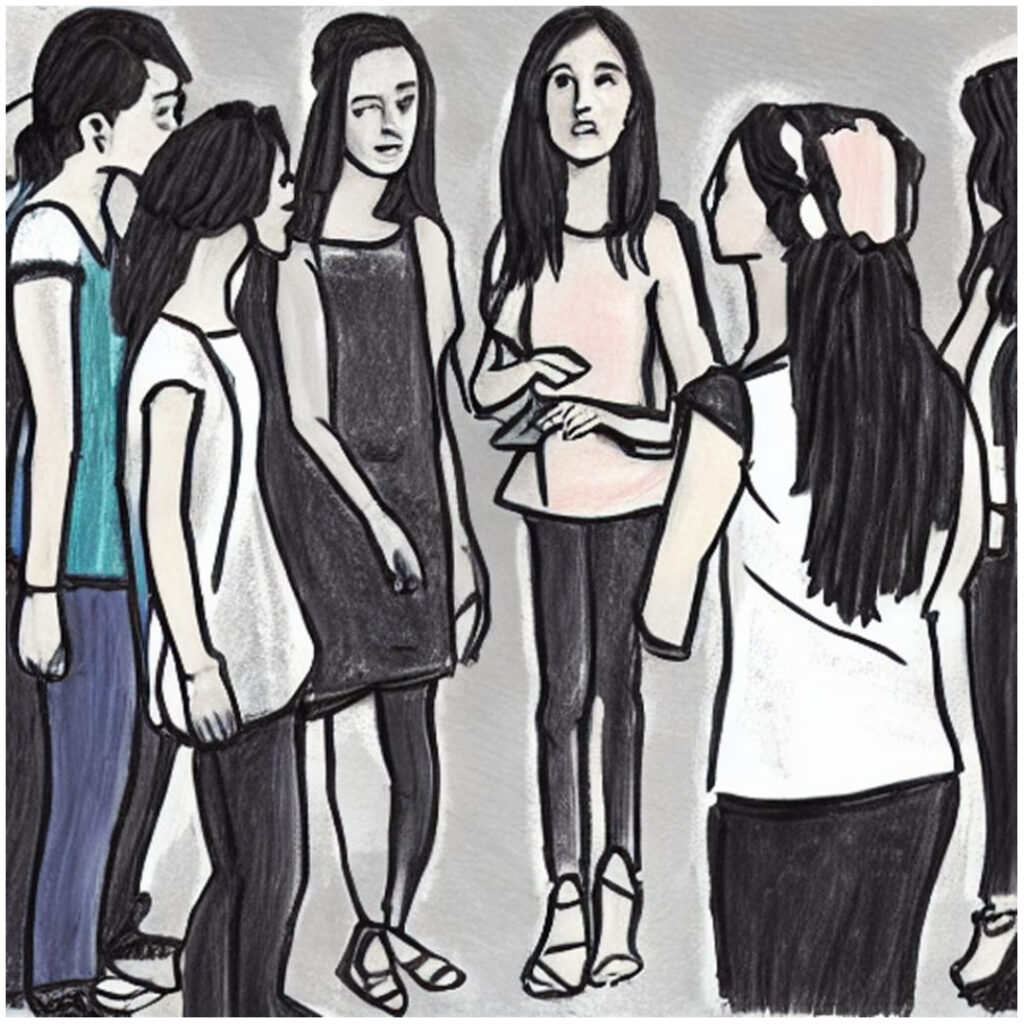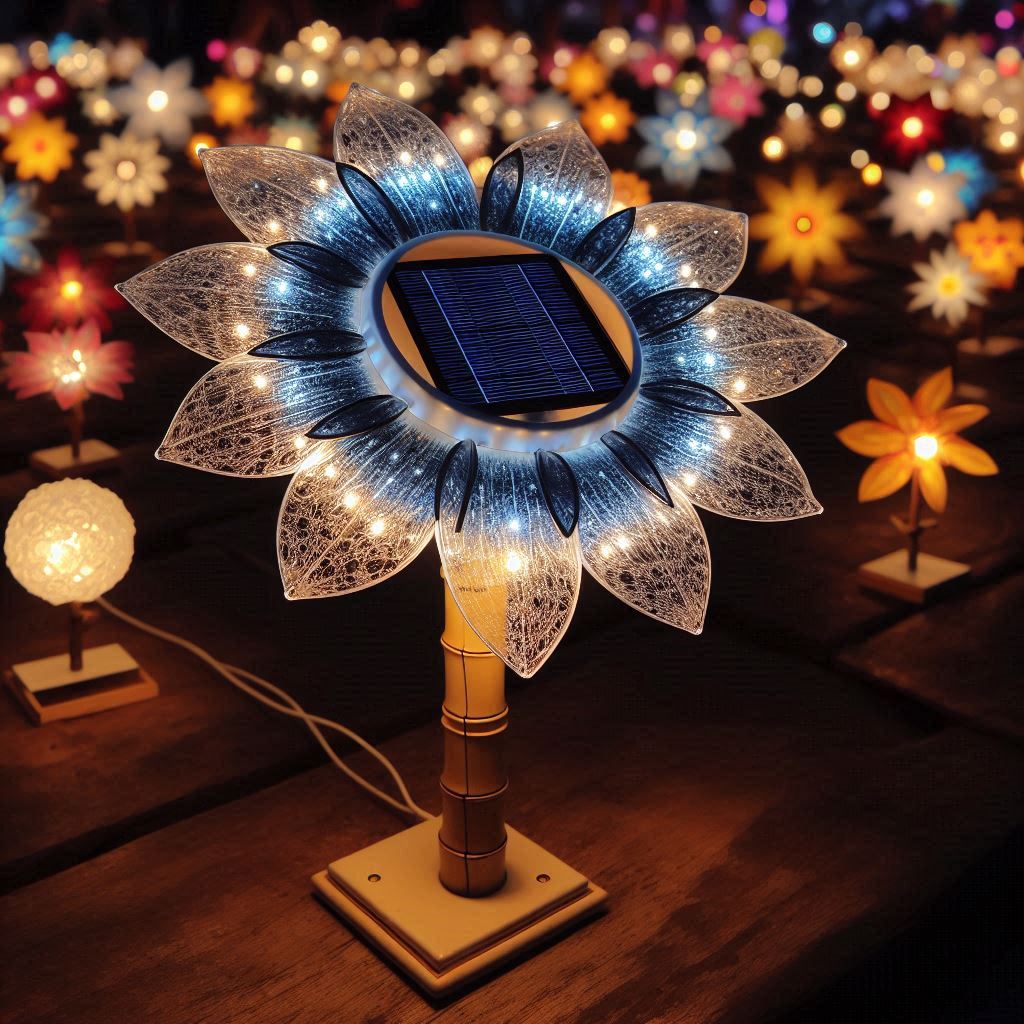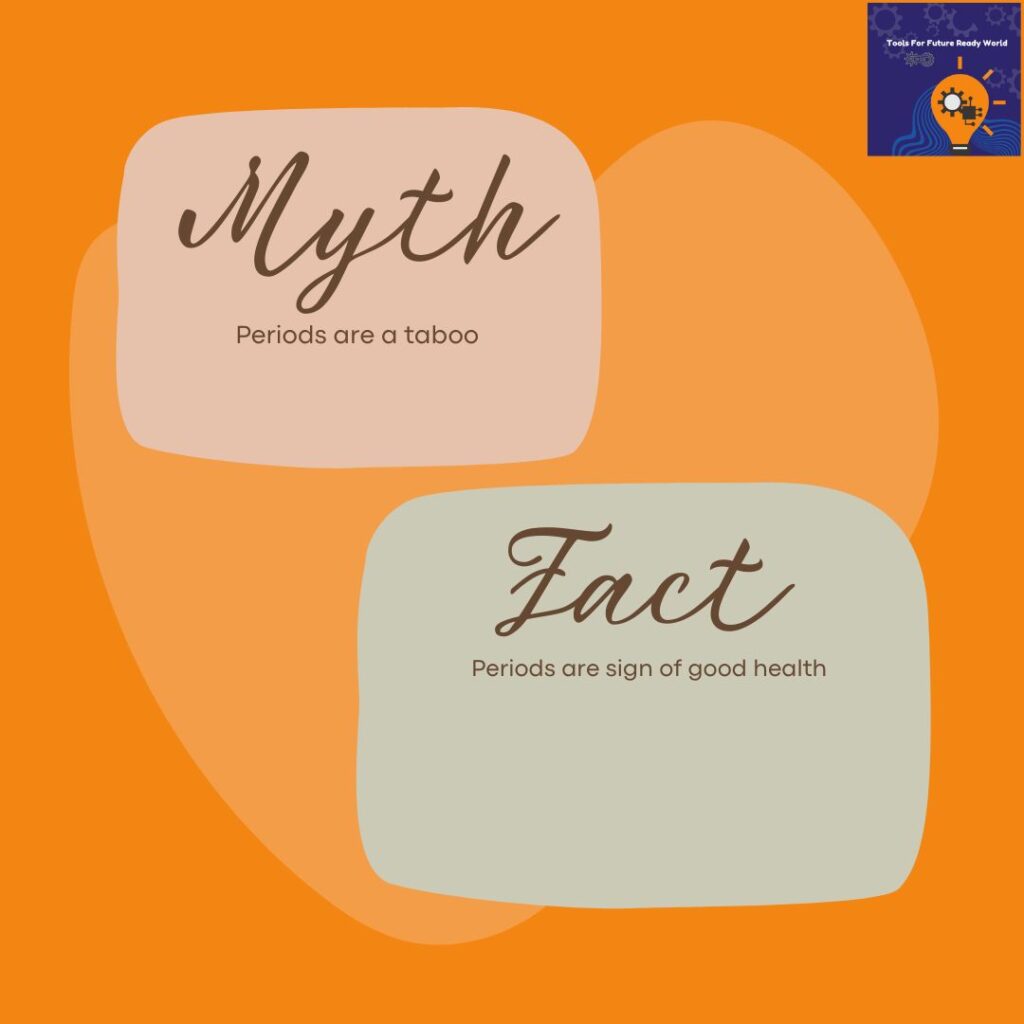Introduction
When a girl starts having her periods, she may feel different emotions as her body changes quickly. Some girls accept these changes easily, but others may have doubts and questions about their body and their cycle. Parents usually have some knowledge about these changes, but they need to share it correctly with their daughters, so they don’t get confused or misled. Read on to know all about periods.
What are periods?
Periods are a natural part of a woman’s reproductive system. They happen when the body sheds the lining of the uterus, which is called the endometrium. The blood and tissue that come out of the vagina during a period are the result of hormonal changes that prepare the body for pregnancy every month.
But what exactly are these hormonal changes and how do they affect your menstrual cycle? How can you track your periods and know what’s normal for you? And what are some common problems and questions that people have about periods? In this blog post, we will answer these questions and more, so you can learn all about periods and how to take care of yourself.
What is menstrual cycle?
Periods are caused by a complex interplay of hormones, including estrogen and progesterone. These hormones are produced by the ovaries and control the menstrual cycle.
The menstrual cycle is a monthly process that prepares the body for pregnancy. During the first half of the cycle, estrogen levels rise, causing the lining of the uterus to thicken. In the second half of the cycle, progesterone levels rise, further thickening the lining of the uterus.
If an egg is not fertilized, the levels of estrogen and progesterone drop. This causes the lining of the uterus to break down and be shed through the vagina. This is what we call a period.
The average menstrual cycle lasts 28 days, but it can vary from woman to woman. The length of a period can also vary, from 3 to 7 days.
Some women may experience symptoms before or during their period, such as cramps, bloating, fatigue, and mood swings. These symptoms are usually mild and go away on their own. However, if your symptoms are severe or interfere with your daily life, talk to your doctor.
Periods are a normal part of being a woman. There is no need to be embarrassed or ashamed about your period. If you have any questions or concerns about your period, talk to your doctor or a trusted adult.
Here are some additional factors that can affect a woman’s menstrual cycle:
- Age: The menstrual cycle typically starts when a girl is between the ages of 10 and 14. It can also start later or earlier.
- Stress: Stress can affect the menstrual cycle. When a woman is stressed, her body releases hormones that can disrupt the menstrual cycle.
- Exercise: Exercise can also affect the menstrual cycle. Too much exercise can lead to amenorrhea, which is the absence of a period.
- Weight: Women who are underweight or overweight may experience irregular periods.
- Medical conditions: Some medical conditions, such as polycystic ovary syndrome (PCOS), can affect the menstrual cycle.
- Medications: Some medications, such as antidepressants and antipsychotics, can affect the menstrual cycle.
How can I track my periods?
Tracking your periods can help you understand your body better and notice any changes or irregularities in your cycle. You can use a calendar, an app, or a journal to record information such as:
- The start and end date of your period
- The heaviness or lightness of your flow
- The color and consistency of your blood
- Any symptoms or discomfort you experience before or during your period.
- Any changes in your mood or energy levels
- Any sexual activity or contraception use
Tracking your periods can also help you predict when you will ovulate and when you are most likely to get pregnant. You can use ovulation tests, basal body temperature (BBT) charts, or cervical mucus observations to pinpoint your fertile window.
What are some common period problems?
Periods are different for everyone. Some people have regular cycles and mild symptoms, while others have irregular cycles and severe symptoms. Some common period problems include:
- Premenstrual syndrome (PMS): This is a group of physical and emotional symptoms that occur before or during your period, such as bloating, cramps, headaches, mood swings, anxiety, or depression. PMS affects up to 80% of people who menstruate and can be mild or severe.
- Dysmenorrhea: This is pain or cramps in your lower abdomen or back that happen before or during your period. Dysmenorrhea can be primary (caused by contractions of the uterus) or secondary (caused by an underlying condition such as endometriosis or fibroids).
- Menorrhagia: This is heavy bleeding during your period that lasts longer than 7 days or requires you to change your tampon or pad more than every 2 hours. Menorrhagia can be caused by hormonal imbalances, uterine polyps or fibroids, infections, or bleeding disorders.
- Amenorrhea: This is when you miss one or more periods in a row. Amenorrhea can be primary (when you don’t get your first period by age 15) or secondary (when you stop getting periods after having them regularly). Amenorrhea can be caused by pregnancy, breastfeeding, menopause, stress, weight loss or gain, eating disorders, thyroid problems, polycystic ovary syndrome (PCOS), or other conditions.
- Oligomenorrhea: This is when you have infrequent periods that occur more than 35 days apart. Oligomenorrhea can be caused by similar factors as amenorrhea.
- Irregular periods: This is when you have unpredictable cycles that vary in length or timing. Irregular periods can be caused by stress, travel, illness, medication use, hormonal imbalances, PCOS, or other conditions.
If you have any of these problems or other concerns about your periods, you should talk to your doctor or nurse. They can diagnose the cause of your problem and offer treatment options that suit your needs.
How can I take care of myself during my periods?
Having periods can be challenging sometimes, but there are ways to make them easier and more comfortable for yourself. Here are some tips:
- Use sanitary products that suit your preferences and needs. You can choose from pads, tampons, menstrual cups, period underwear, or reusable cloth pads. Change them regularly to prevent leaks and infections.
- Practice good hygiene by washing your genitals with mild soap and water every day. Avoid douching or using scented products that can irritate your vagina.
- Take painkillers such as ibuprofen or naproxen if you have cramps or headaches. You can also try applying heat pads or hot water bottles to your abdomen or back.
- Exercise regularly to boost your mood and blood circulation. You can do any activity that you enjoy such as walking, swimming, yoga, or dancing.
- Eat a balanced diet that includes plenty of fruits, vegetables, whole grains, lean protein, healthy fats, and water. Avoid foods that are high in salt, sugar, caffeine, or alcohol that can worsen bloating or mood swings.
- Get enough sleep by following a regular bedtime routine and avoiding screens before bed. Aim for at least 8 hours of quality sleep every night.
- Manage stress by practicing relaxation techniques such as breathing exercises and meditation.
Healthy lifestyle and periods
| Lifestyle factors | Impact on Menstrual health |
| Exercise | Regulates hormones. Reduces menstrual pain. Improves mood and energy levels. |
| Diet | Supports hormonal balance. Manages menstrual symptoms. Provides necessary nutrients (iron, calcium, vitamins) |
| Stress Management | Reduces stress levels. Alleviates menstrual discomforts. Promotes hormonal balance.. |
| Sleep | Facilitates hormone regulation. Enhances overall menstrual well-being. Allows for restoration and rejuvenation. |



